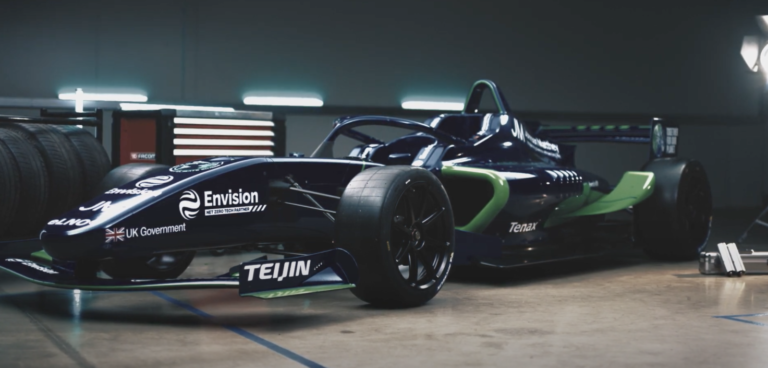Materials technology company Johnson Matthey has been working to commercialize its range of high-nickel cathode battery materials, principally for the automotive industry. At the end of October, the company unveiled a two-seat Formula E electric racecar, developed with the Envision Virgin team, to demonstrate the technology. However, following what it says is a detailed review and ahead of reaching a number of critical investment milestones, it has decided that the potential returns from its Battery Materials business will not be adequate to justify further investment.
The company notes that while demand for battery materials is accelerating, so is competition from alternative technologies and other manufacturers. Consequently, it sees the industry rapidly turning into a high volume, commoditized market.
In recent months, the company has been exploring strategic partnerships and through this process it determined that the capital intensity of its battery materials manufacture was too high when compared with other established large-scale, low-cost producers. The company’s board therefore decided to pursue the sale of the battery business with the ultimate intention of exiting the market.
CEO Robert MacLeod said, “While the testing of our eLNO battery materials with customers is going well, the marketplace is rapidly evolving with increasing commoditization and lower returns. We have concluded that we will not achieve the returns necessary to justify further investment.
“This decision will allow us to accelerate our investment and focus on more attractive growth areas, especially where we have leadership positions such as in hydrogen technologies, circularity and the decarbonization of the chemicals value chain.”
Johnson Matthey has also announced the signing of an MoU with newly established Norwegian company Hystar AS, a high-tech spin-out from SINTEF, one of Europe’s largest independent research institutions.
Hystar is backed by AP Ventures, a significant investor focused on breakthrough technologies in the fast-growing hydrogen industry. Under the agreement, Johnson Matthey will collaborate with Hystar to provide catalyst-coated membranes (CCMs) for use in its proton exchange membrane (PEM) stack and electrolyzer system package, which offers a significant improvement in efficiency.
Johnson Matthew says the collaboration will focus on stack development and manufacturing scale-up using CCMs provided by Johnson Matthey and patented cell design from Hystar. This next-generation cell design and PEM electrolyzer system is said to improve performance by 10%, enabling greater hydrogen production or lower power consumption, ultimately reducing the costs associated with green hydrogen production.


